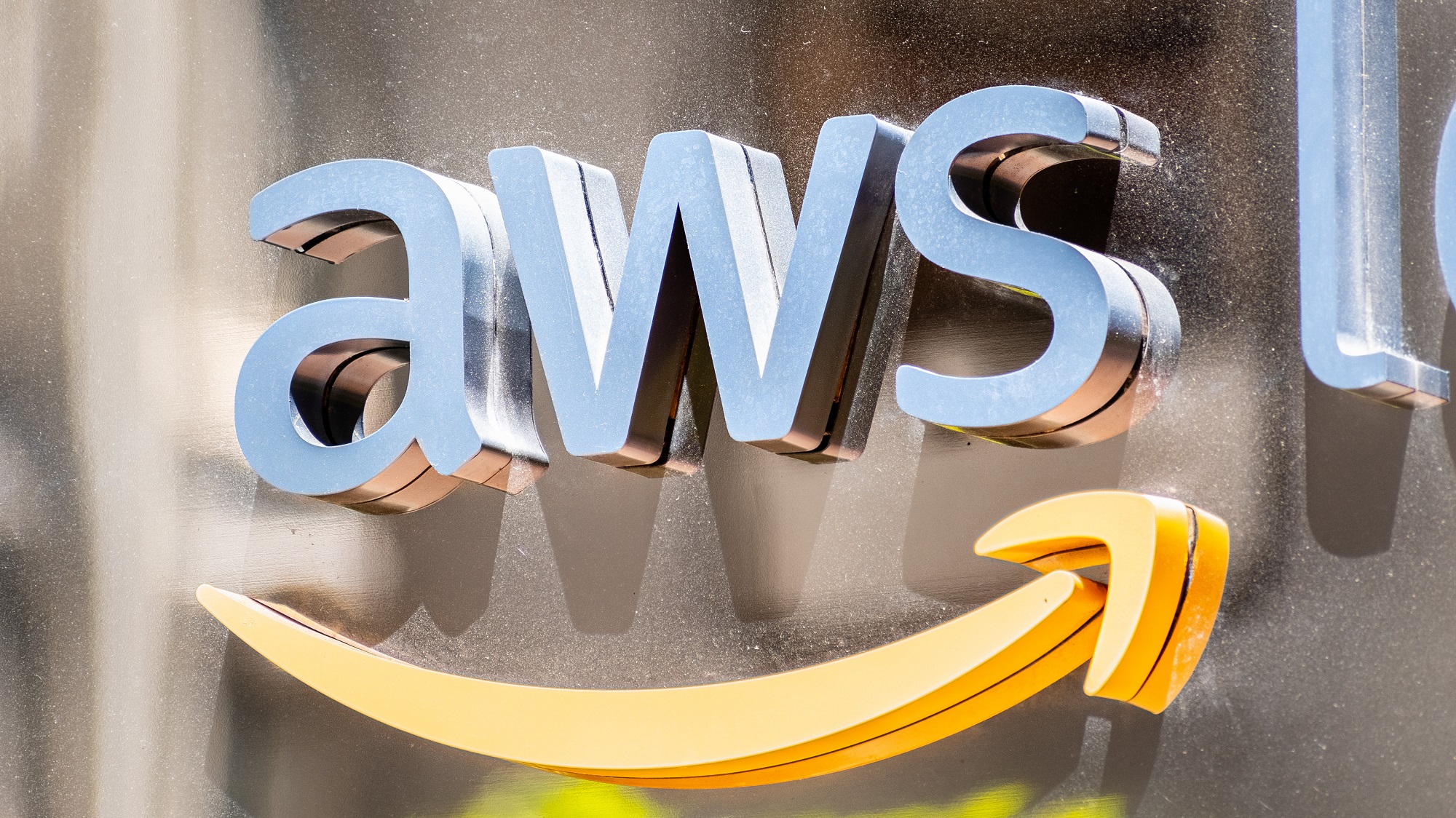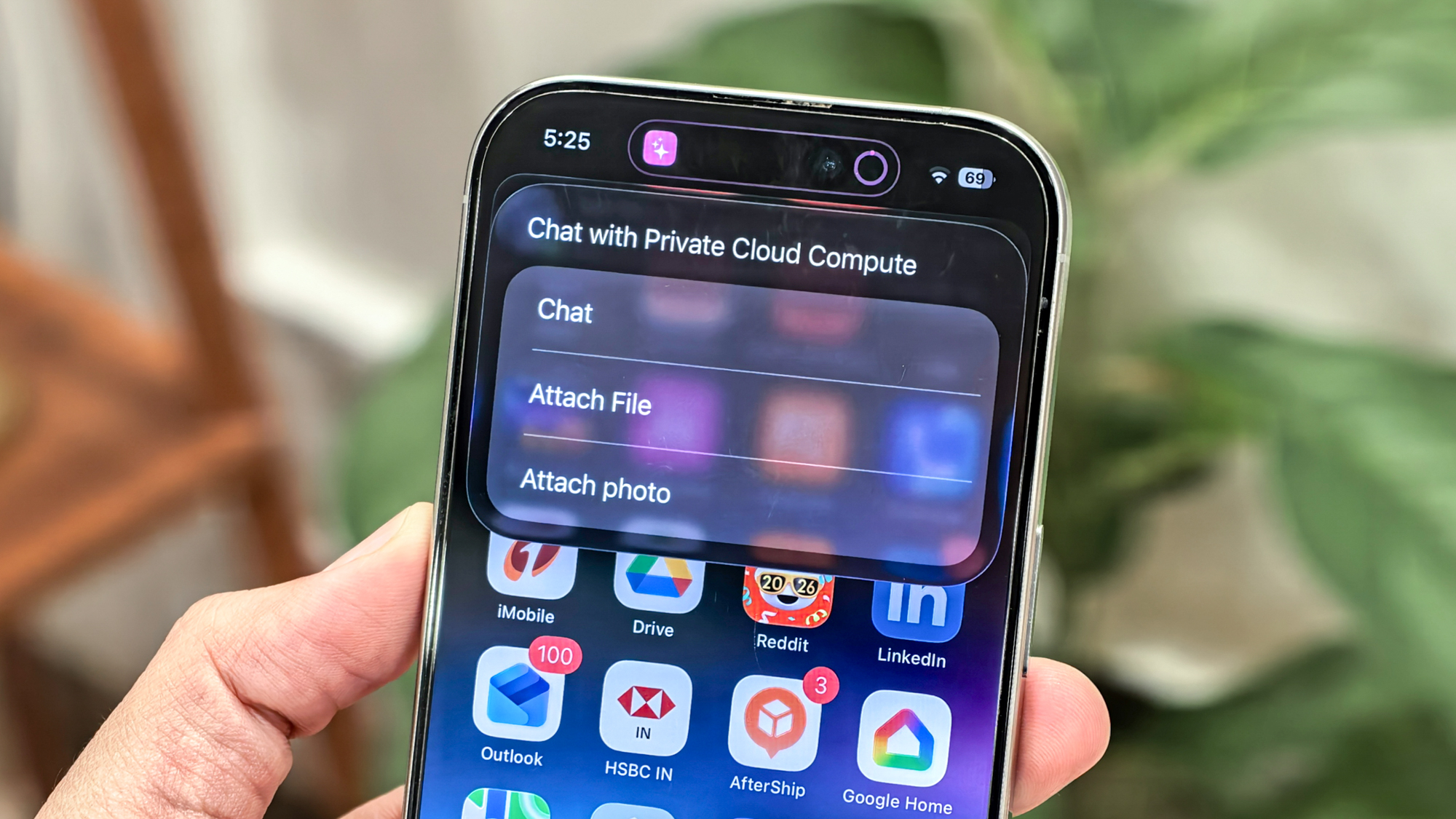Amazon’s AWS outage messed up my Christmas lights — but there’s a solution on the way
A new smart home standard could solve a lot of cloud-based problems.

Twice now in as many weeks, there’s been an Amazon Web Services outage, which caused a number of sites and services — including Twitch, Disney Plus, and RIng — to just stop working. The outage affected my house in one particular way: My Christmas lights didn’t turn on.
Because of how I’m using smart plugs to control my Christmas lights, I rely on a combination of Alexa and smart plugs to schedule when my lights turn on and off. But when Alexa and AWS are not working properly, the smart plugs didn’t get the appropriate command to turn on at dusk. The result: My house was lacking some serious Christmas spirit.
The outage also affected other services in surprising ways.
Attention Litter-Robot friends! 🚨 Our cloud provider, Amazon Web Services (AWS), has an ongoing outage. Your Litter-Robot and Feeder-Robot will continue to work in offline mode! 🙂 (1/4) pic.twitter.com/qh55RvJfU3December 15, 2021
However, there’s a solution on the horizon.
Next year, a new smart home standard called Matter will finally arrive, and, more importantly, the first devices that can use Matter will be available as well. Matter is an IP-based protocol that, in theory, will make it much easier for the best smart home devices to work with just about any platform, whether you use Alexa, Google Assistant, or HomeKit. It also stands to replace the myriad networking standards already out there — most specifically Bluetooth, Zigbee, and Z-Wave.
But the one Matter feature that I’m most interested in — insofar as my Christmas lights go — is local control. Right now, my outdoor smart plugs all have to connect via Wi-Fi to my router to send and receive instructions, so if something in the cloud goes wrong, then the plugs won’t work. Matter-enabled smart plugs, though, would set up a self-healing mesh network, so even if they lost their connection to the cloud, I’d still be able to turn them on and off locally.
Having a local mesh network of smart home devices also means that your devices will be more secure from outside intrusions; if your door lock doesn’t have to use the cloud to get instructions, that’s one less avenue for potential hackers to get into your smart home.
Get instant access to breaking news, the hottest reviews, great deals and helpful tips.
Still, we’re still at least six months before we’ll see any Matter-enabled smart home devices. Eve was among the first to announce that its devices would support Matter, but the company adds that it won’t happen until June at the earliest, pending the rollout of the final Matter specification. And while the major players — Amazon, Google, and Apple — have all thrown their support behind Matter, they haven’t said when they’re going to update their smart home products to support the new standard. In Google’s case, the Nest Learning Thermostat won’t be supported at all.
I’m hopeful that by the end of 2022, there will be a decent collection of smart home devices that support Matter — after all, I don’t want another web outage to ruin next year’s Christmas!

Michael A. Prospero is the U.S. Editor-in-Chief for Tom’s Guide. He oversees all evergreen content and oversees the Homes, Smart Home, and Fitness/Wearables categories for the site. In his spare time, he also tests out the latest drones, electric scooters, and smart home gadgets, such as video doorbells. Before his tenure at Tom's Guide, he was the Reviews Editor for Laptop Magazine, a reporter at Fast Company, the Times of Trenton, and, many eons back, an intern at George magazine. He received his undergraduate degree from Boston College, where he worked on the campus newspaper The Heights, and then attended the Columbia University school of Journalism. When he’s not testing out the latest running watch, electric scooter, or skiing or training for a marathon, he’s probably using the latest sous vide machine, smoker, or pizza oven, to the delight — or chagrin — of his family.
 Club Benefits
Club Benefits





